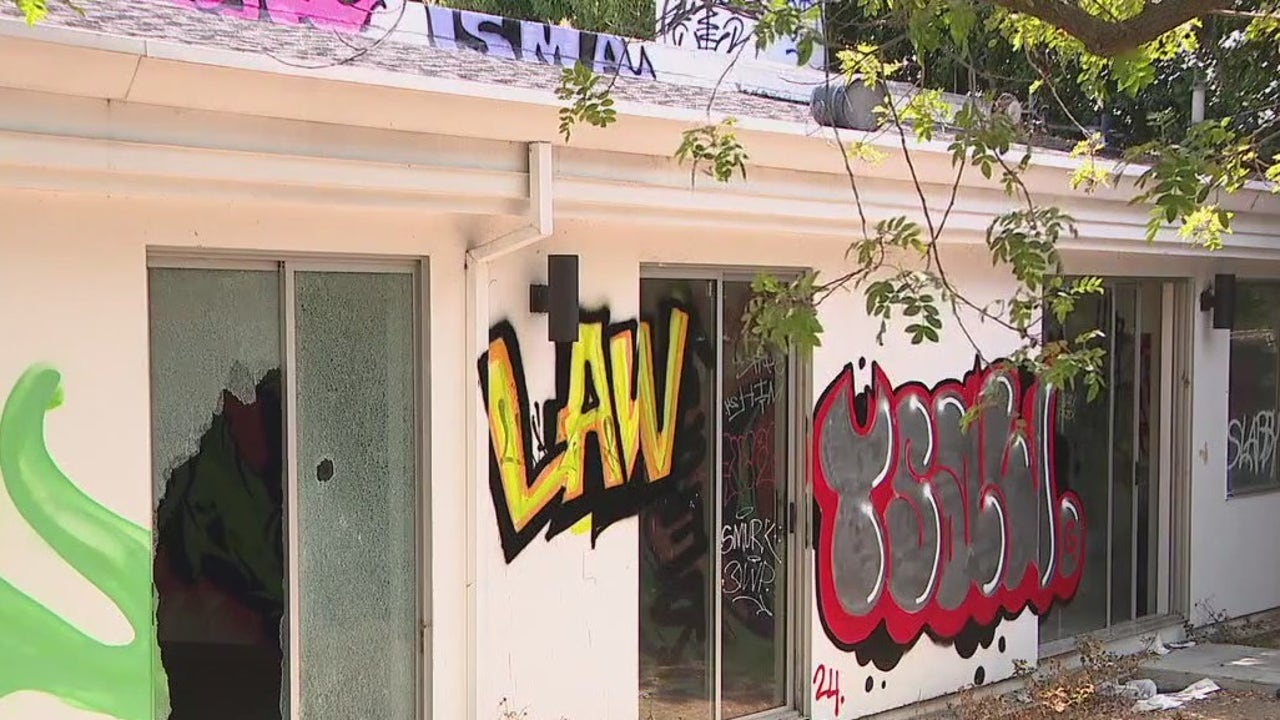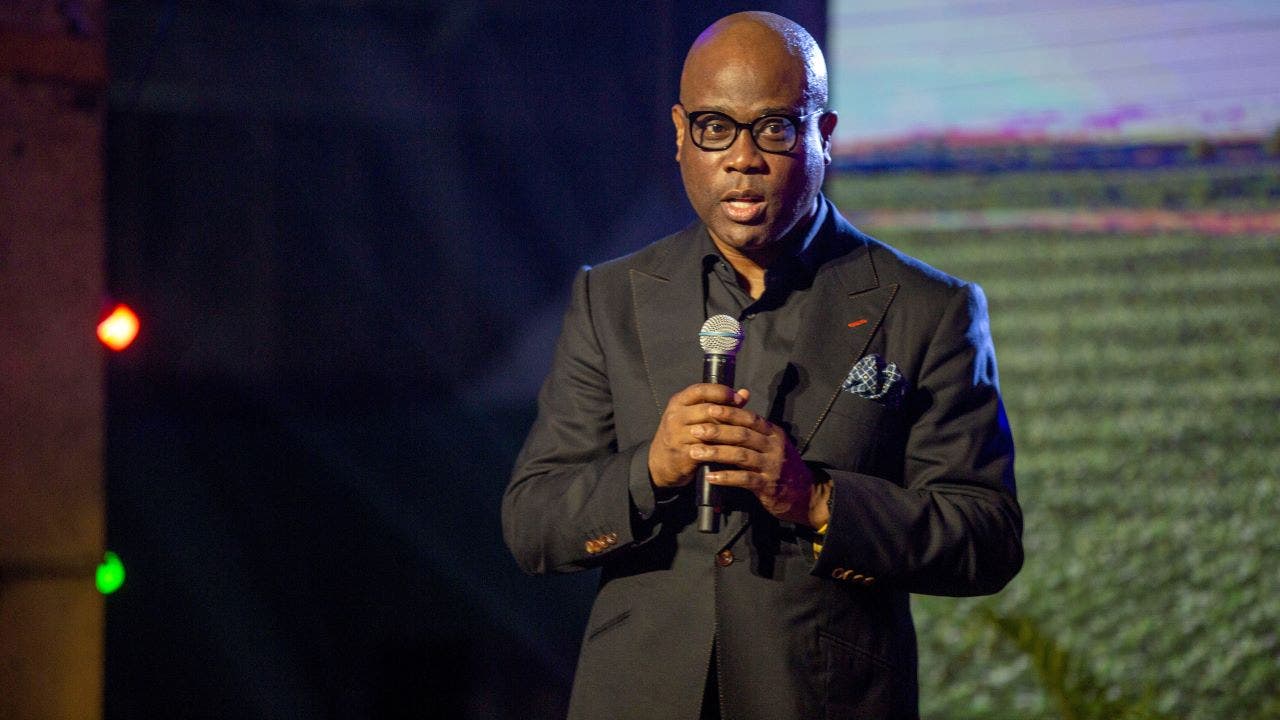Gabriel Attal, 34, is a new kind of French prime minister, more inclined to Diet Coke than a good Burgundy, at home with social media and revelations about his personal life, a natural communicator who reels off one liners like “France rhymes with power” to assert his “authority,” a favorite word.
Since taking office in early January, the boyish-looking Mr. Attal has waded into the countryside, far from his familiar haunts in the chic quarters of Paris, muddied his dress shoes, propped his notes on a choreographed bale of hay, and calmed protesting farmers through adroit negotiation leavened by multiple concessions.
He has told rail workers threatening a strike that “working is a duty,” not an everyday French admonition. He has shown off his new dog on Instagram and explained that he called the high-energy Chow Chow “Volta” after the inventor of the electric battery. He has told the National Assembly that he is the living proof of a changing France as “a prime minister who assumes his homosexuality.”
France does budge, but whether it is ready for the control-the-narrative politics of emotion and distraction that Mr. Attal embodies is an open question. Time is short. The prime minister’s mission, as conceived by an embattled President Emmanuel Macron, is clear: reverse the ascendancy of the far right of Marine Le Pen ahead of European Parliament elections in June and a French presidential election just over three years from now.
Mr. Macron is term limited and must leave office in 2027; the specter that haunts him is Ms. Le Pen as his successor. In Mr. Attal, he hopes to cultivate one of his own.
“Macron is amazed by Attal, the way one is amazed by someone who has transgressed like oneself, and who at the same time is of an absolute loyalty,” Marisol Touraine, a former minister of health and social affairs who has been Mr. Attal’s political guru, said in an interview. “The president believes in Attal’s political sixth sense.”
The “transgression” of both men was that of restive youth against the old order. Neither Mr. Macron nor Mr. Attal ever saw a taboo he did not want to shatter. Mr. Macron was a one-man revolution when he came to power in 2017 at the age of 39, proclaiming the politics of left and right defunct and offering a malleable post-ideological thing called “Macronism.”
Now, almost seven years on, Mr. Macron is looking to his protégé, or some say, clone, to re-inject political excitement. Pragmatism, not conviction, has defined Mr. Attal. Now, he must deliver in a prickly France, without an absolute majority in Parliament and knowing that, as Clément Beaune, the former transport minister put it, “To be prime minister here is very tough because it’s the president who decides.”
“The question that looms is how far Macron will let Attal go without growing jealous,” said Philippe Labro, an author and political commentator. Sharing the spotlight does not come easily to Mr. Macron, as became evident when one former prime minister, Édouard Philippe, became popular and was eased out.
A recent poll for Paris Match magazine showed Mr. Attal with a 47 percent approval rating, which is high by French standards. Mr. Macron sank to 32 percent, with Ms. Le Pen at 43 percent.
Mr. Attal’s challenge will be to use the hand that Mr. Marcon has given him but not appear to bite it as he steps out of the shadow of the president. Already the two men have parted company over Ms. Le Pen’s National Rally.
This month Mr. Macron said he considers the party “outside the arc of the republic,” broadly meaning anti-democratic, even as Mr. Attal declared that the “arc of the republic is the hemicycle” of the National Assembly, and that he would work with all parties there, including the far-right party, which holds 89 seats.
“Attal wants to become president and will do everything to achieve that,” said Ms. Touraine, whose daughter was a friend of Mr. Attal in school. “Is he ambitious? Yes, in an extreme way. But he has no complexes. He assumes who he is, and I find that positive.”
Mr. Attal, who did not respond to requests for an interview, has been on a whirlwind political journey to the prime minister’s office, known as Matignon. Born in 1989 into an affluent Parisian family, Jewish on his father’s side and Orthodox Christian on his mother’s, he was educated at an elite private school and the prestigious Sciences Po university in Paris, before drifting into politics, essentially the only job he’s ever had.
“École Alsacienne, Sciences Po, National Assembly, Ministry of Education, Matignon, the career of Gabriel Attal spans 6 kilometers,” mocked François Ruffin, a left-wing lawmaker on X, formerly Twitter, adding, “Disruption and audacity, but not too far from his class.”
Mr. Attal’s youth was not without its challenges, however. As a teenager he was bullied at school for being gay. “It was a torrent of insults and abuse, and it went on for many months with an extreme violence,” he told TF1 television last year. “I suffered.”
The suffering was redoubled because he did not want to tell his family, afraid “they would ask why this was being said” when he was not ready to talk about being gay. At last, a decade later, Mr. Attal, in his account, approached his father on his deathbed in 2015 and said, “Papa, I have fallen in love with a man.” His father responded positively, was eager to meet the man, but died the next day.
France, where the privacy of love and sex has been near sacred, is unused to such dramatic avowals, but Mr. Attal is a disrupter, even as he exercises extreme discipline. A “control freak,” in the words of Ms. Touraine, he has understood that in the age of the short attention span, the way to dictate the agenda is through relentless, varied communication.
He has also understood that this is an era where nationalist politics thrive on fears of immigration. In his brief spell as education minister, he banned the abaya, or loosefitting full-length robe, used by some female Muslim students. Leaders of France’s large Muslim community and the left were incensed; they are no fans of Mr. Attal. In cabinet meetings, Mr. Attal was known for insisting that the government assume the need to move right on immigration.
Mr. Attal’s hard-hitting inaugural speech to Parliament last month was a hymn to “a nation without equal.” He would, he said, “refuse that our identity be diluted or dissolved.”
“You don’t negotiate with the Republic,” he hammered. “You accept and respect it, whole, without a single exception!”
As an appeal to Ms. Le Pen’s voters, it was scarcely subtle.
The rightward journey has been long. Mr. Attal’s roots, like Mr. Macron’s, were as a Socialist. Starting out in the moderate Social Democratic wing of the party, Mr. Attal did two internships with Ms. Touraine, then a Socialist representative, before joining her team at the health and social affairs ministry in 2012.
He was 23. Few people guessed what determination lay behind his even-tempered manner.
“You don’t sense his ambition at first,” said Luc Broussy, who, as an expert on aging populations, worked frequently with Mr. Attal. “I never saw him angry. He has never betrayed his convictions because I never saw him affirm any.”
As the Macron bandwagon gathered pace in 2016, Mr. Attal wavered. He had provisionally accepted a job arranged by Ms. Touraine at the French diplomatic mission to the United Nations in New York.
At the same time, however, he had fallen in love and formed a couple with Stéphane Séjourné, now the foreign minister, who was and remains close to Mr. Macron; and in early 2017, a Macron victory in the presidential election suddenly looked near inevitable.
“He joined Macron at the last moment and this incredible adventure began,” said Mr. Broussy. Ms. Touraine recalls telling Mr. Attal in March 2017, “It’s now or never.”
Mr. Attal jumped. Three months later he was a representative in the National Assembly as Mr. Macron’s centrist La République en Marche (now Renaissance) party swept the June parliamentary election.
“Absent Séjourné, I am not sure Attal would have become a Macronist lawmaker in 2017,” Ms. Touraine said. (He and Mr. Séjourné have since broken up.)
Soon records started to tumble as Mr. Macron adopted Mr. Attal as a favorite. At 29, in 2018, he became the youngest minister of a French Fifth Republic government as secretary of state for education; then the youngest education minister in 2023, and youngest prime minister in 2024.
The task now before him is daunting. He wants to “unlock” the economy — “A bureaucracy that retreats is liberty that advances!” — in a country fiercely attached to its social safety net.
He wants to promote green energy against a wave of protests over the high cost of that. He is a representative of the very elite class that people in outlying areas see as disconnected from the hardships of real life — a theme Ms. Le Pen likes to hammer on.
Not least, Mr. Attal must nurse his own fierce presidential ambitions while showing fealty to Mr. Macron, even as the jostling to succeed the president has already started.
Before he died in 2015, Mr. Attal’s father, a Jew of Tunisian descent, told him, “You are not a Jew, but everyone will think you are. So it’s as if you were.”
Mr. Attal, who was raised in the Orthodox Church but is not religious, has talked about this scene, as well as the homophobic and antisemitic rants he has sometimes faced on social media. These attacks, if anything, appear to have toughened him.
“One thing I know for certain about him is that if something inhabits and torments him, and I do believe he is tormented, it is ambition that allows him to overcome all that,” Ms. Touraine said.






